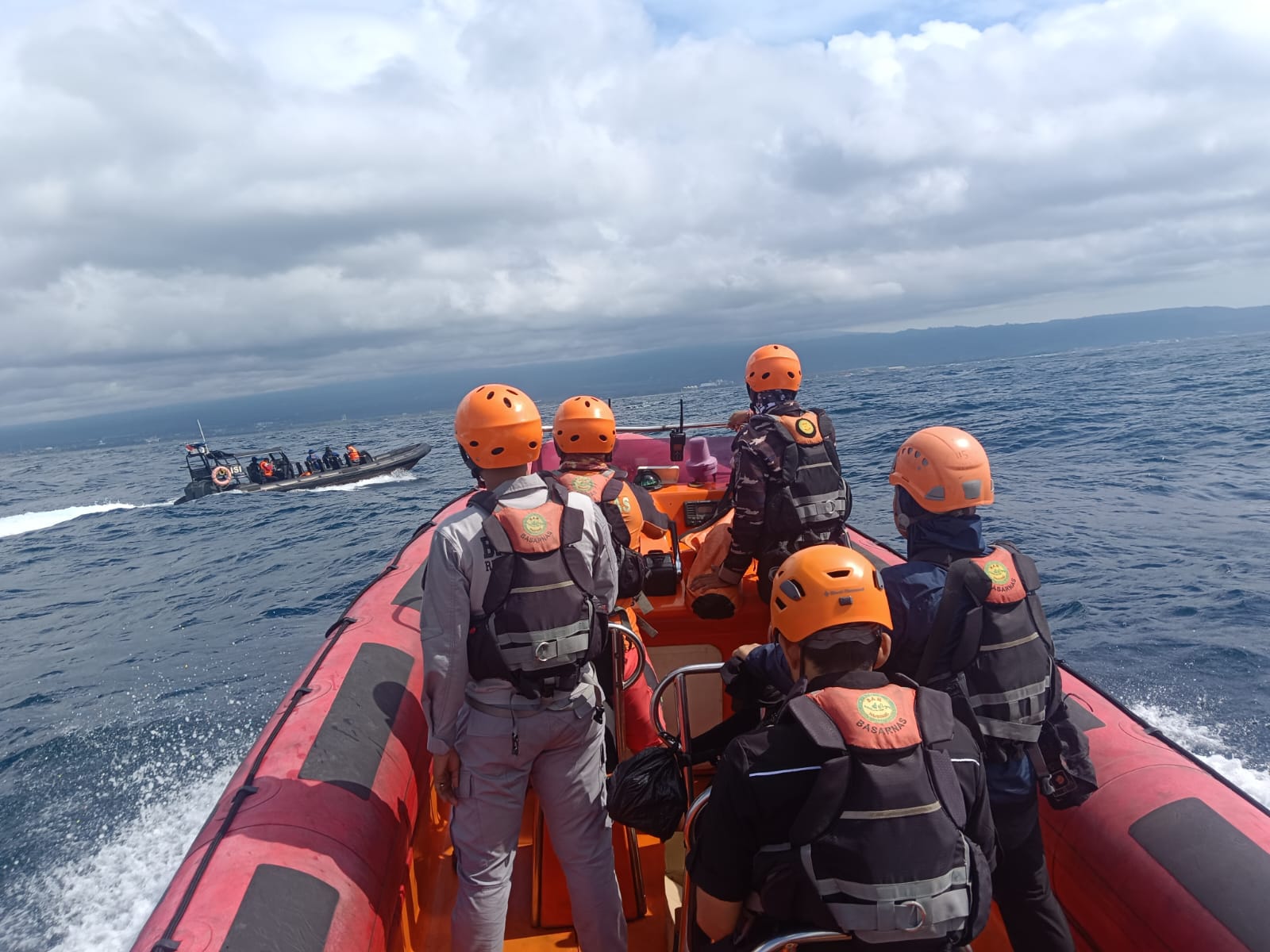The passenger of ferry Tunu Pratama Jaya sank in the Bali Strait on the night of Wednesday, July 2, 2025, at approximately 11:35 PM local time.
The incident occurred while the vessel was en route from Ketapang Port in Banyuwangi to Gilimanuk Port in Jembrana, Bali. Wahyu Setia Budi, Coordinator of the Banyuwangi SAR Post, confirmed the incident.
“Tunu Pratama Jaya departed from Ketapang Port, Banyuwangi Regency at around 10:56 PM local time heading to Gilimanuk Port, Jembrana Regency, Bali,” he said in an early Thursday morning (July 3) interview, as reported by Antara.
According to Wahyu, the ferry sank at approximately 11:35 PM before reaching its destination. Initial data indicated the ferry was carrying a total of 65 people, including 53 passengers, 12 crew members, and 22 vehicles of various types. As of Thursday morning, 27 individuals had been located—23 survived and 4 were found deceased.
Nanang Sigit, Head of the Surabaya SAR Office and SAR Mission Coordinator for this operation, stated,
“There are 65 victims. 23 survived, and 4 died.”
Nanang also mentioned that 38 passengers and crew members remained missing and that search and rescue efforts were ongoing.
“SAR operations are still underway,” he added.
Identification Process Hampered
The tragedy has raised concerns regarding the actual number of passengers on board, as several individuals were reportedly not listed in the ship’s official manifest. This has hampered the evacuation and identification process.
Febri (25), a former ticket booth attendant at Ketapang Port, shed light on the situation based on his previous experience.
“I worked at Ketapang Port for about three years, from 2020 to 2023, as a ticket booth attendant. So I’m very familiar with what goes on there,” Febri said in an interview on Saturday (July 5).
He explained that although an official booking system is available through the Ferizy app, in practice, many travelers—especially truck and private car drivers—prefer using ticket scalpers.
“Most people don’t want to book tickets themselves. They prefer buying tickets from scalpers or roadside vendors because it’s faster,” he said.
Febri noted that scalpers often only input abbreviated names without including national ID numbers or addresses, which are crucial for insurance claims and official manifest records.
Additionally, verification by port staff is often lax. “For example, a car may carry 6 people, but they’ll claim there are only three. So only three are asked to show ID,” he explained.
This lack of accurate passenger data results in many people not being listed in the manifest, making it difficult to determine the exact number of victims during emergencies. Febri also highlighted safety concerns regarding the condition of ferries operating on the Ketapang-Gilimanuk route.
“Not all vessels operating on the Ketapang-Gilimanuk route meet safety standards,” he said. Some ferries, he added, lacked enough life jackets, used old engines, or were visibly worn out.
“Perhaps because not all the ships are state-owned; some are privately or individually operated,” he added.
He further mentioned that overloading was a common practice as ship operators sought higher profits. Febri criticized the weak oversight from Indonesian Ferry Transport Authority and the harbor master concerning vessel condition and seaworthiness.
He emphasized the urgent need to improve data discipline, tighten supervision of ships, and educate passengers to prevent similar tragedies in the future.
Sources: CNN Indonesia, Kompas.com.
Feat Image: Bali Office of National Search and Rescue Agency

